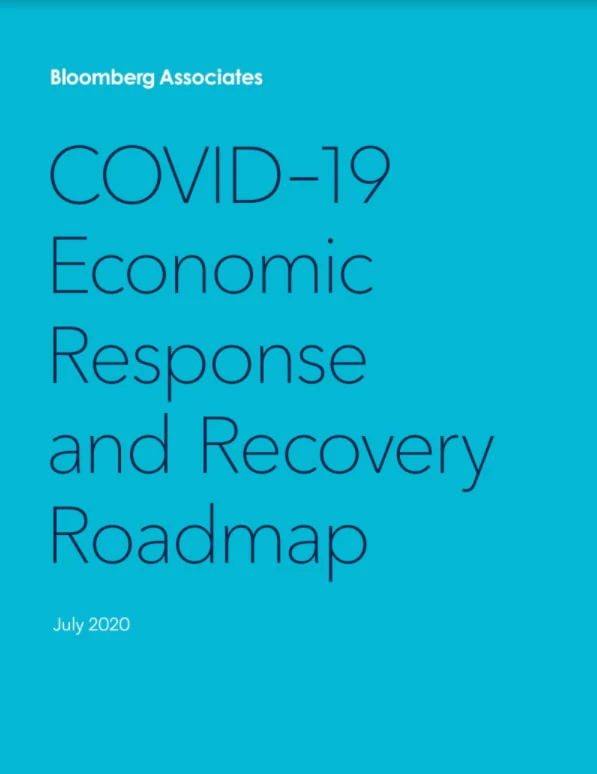Action
Create a task force of no more than 12 people with specific skills and experience who can speak on behalf of your tourism and hospitality industry, with a particular emphasis on local, small businesses.
Why
The pandemic has highlighted the importance of cooperation between governments, destinations, and business.
To rebuild traveler confidence, destinations must be able to demonstrate visitor safety across the end-to-end journey, which requires all players to adopt a coordinated approach.
Moreover, as the tourism sector comprises mainly micro and small businesses, there is a clear role for governments and DMOs to use their convening power to help local businesses work together and be heard by policy makers.
Case Study
One Industry One Voice
The UK One Industry One Voice coalition is a weekly taskforce of events industry associations and businesses, led by umbrella trade organisation “The Business Visits and Events Partnership” — which represents the conference, exhibition, and outdoor events sector.
The coalition is supported by eight other industry associations including “UK Live Music Group”, which represents the UK’s live music industry, and events and entertainment technology trade association, “The Professional Lighting and Sound Association.” It is also supported by London’s DMO, London & Partners, which operates the city’s tourism and convention bureaus.
The taskforce was created following an informal meeting organised by an event management company in July 2020 to coordinate the communications being developed to support the industry.
It has 4 objectives:
- Coordination of campaign timings
- Consistency of data and statistics about the industry
- Alignment on asks and communication to government
- Amplification of key messaging and mutual support to promote campaigns activities.
The taskforce took time to build trust and find ways of working, as well as understand and agree on the key issues facing everyone who works in the events industry.
It established working groups on COVID testing and insurance issues, where the focus was on sharing of information and ideas, as well as understanding where conversations were taking place within different government departments.
It also created a website, which contains base line numbers for the industry that were used across all campaigning activity — from the economic value that the industry delivers, to the number of people employed across the event industry ecosystem. The website also contains a diary function to allow people to share key dates and activations to support the scheduling of communications and messaging. Further, the taskforce launched a quarterly survey into the state of the industry. This was used for campaigns and shared with associations, so that they could use it in their own lobbying and campaigning activity.
The taskforce’s lobbying campaigns have included # We Create Experiences, # What About Weddings, and # Save Nightlife.
How to adopt this approach
Keep the task force agile, focused, and responsive. It should consist only of people with the skills, experience, and connections needed to get the job done.
There should be a regular cadence of meetings with clear tasks beforehand and afterwards.
Focus the task force on specific, practical projects which will produce a particular result.
A government or DMO official should connect the task force to municipal, county, state, and federal decision makers.
The task force should operate transparently, providing regular updates to businesses, sharing trusted information and advice, and creating opportunities for businesses to support its goals.

Do
- Do gather compelling data on the industry’s importance to the destination, as well as the impact that the pandemic has had on local businesses and workers. For example, prior to the pandemic, New York’s Hudson Valley collected data which found that tourist activity supported multiple sectors of the economy, sustained $38bn total income, reduced the unemployment rate from 12.5 to 4.1%, and saved every household an average of $1,221 in taxes.
- Do make things easier for stretched public officials — becoming a single point of contact to understand industry wants and needs, a way to communicate to the industry, and a partner to get support to the businesses and workers who need it most.
- Do accept that different segments of the industry may have different priorities and focus the task force on common goals — but not on the lowest common denominator.
Don’t
- Don’t try to maintain the task force beyond its useful life, and don’t ask it to solve every challenge facing every segment. Remember that it is a temporary grouping for the purpose of accomplishing a definite objective.
To find out more
